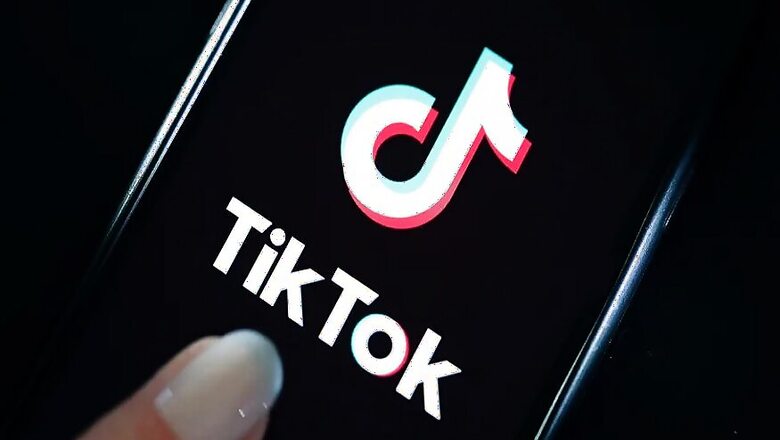
views
Amid a standoff with China along the Line of Actual Control (LAC) in Ladakh, the government of India banned 59 Chinese applications including widely popular Tik Tok on Monday.
“The Ministry of Information Technology, invoking it’s power under section 69A of the Information Technology Act read with the relevant provisions of the Information Technology (Procedure and Safeguards for Blocking of Access of Information by Public) Rules 2009 and in view of the emergent nature of threats has decided to block 59 apps since in view of the information available they are engaged in activities which is prejudicial to sovereignty and integrity of India, defence of India, security of state and public order,” a press statement issued by the government read.
Among the apps that were banned, the creator-driven short video app Tik Tok, which globally has over 2 billion downloads on App Store and Google Play, has more than 100 million monthly active users in India. Overall, the app has been downloaded 611 million times in India as per SensorTower, a mobile app market intelligence firm.
Last month, after a backlash from users in India over a video on the platform, the app's rating on Google Play had dropped to as low as 1.2 stars within a couple of days. The rating, however, was restored to over 4 stars after Google, following its comment posting policy, took down nearly 8 million one-star reviews from the Play Store.
Banned applications also include ‘UC Browser’. According to StatCounter, a web traffic analysis website, UC Browser held 17 per cent of the Indian mobile browser market share as of May 2020. The segment is lead by Google Chrome with over 72 per cent of the market share.
UC Browser had a nearly 21 per cent of market mobile browser market share in India at the beginning of the year with dropped to 16.44 per cent in March – possibly due to outrage over and calls for a boycott of Chinese products across social media platforms – before rebounding to 17 per cent in May. UC Browser’s loss in market share resulted in gains for Chrome.
Other popular banned apps include file-sharing platforms such as Xender and Shareit, news aggregators such as UC News and NewsDog, and the WeChat messenger.
“The Computer Emergency Response Team (CERT-IN) has also received many representations from citizens regarding the security of data and breach of privacy impacting upon public order issues. Likewise, there have been similar bipartisan concerns, flagged by various public representatives, both outside and inside the Parliament of India,” the government statement added.
Several Chinese apps including WeChat, Baidu, and Tik Tok have previously faced investigations and bans in multiple countries over data privacy issues. The most prominent instance was in Australia where the authorities banned use of WeChat over security concerns.
The full list of banned apps is as follows:
TikTok, Shareit, Kwai, UC Browser, Baidu map, Shein, Clash of Kings, DU battery saver, Helo, Likee, YouCam makeup, Mi Community, CM Browser, Virus Cleaner, APUS Browser, ROMWE, Club Factory, Newsdog, Beauty Plus, WeChat, UC News, QQ Mail, Weibo, Xender, QQ Music, QQ Newsfeed, Bigo Live, SelfieCity, Mail Master, Parallel Space, Mi Video Call – Xiaomi, WeSync, ES File Explorer, Viva Video – QU Video Inc, Meitu, Vigo Video, New Video Status, DU Recorder, Vault- Hide, Cache Cleaner DU App studio, DU Cleaner, DU Browser, Hago Play With New Friends, Cam Scanner, Clean Master – Cheetah Mobile, Wonder Camera, Photo Wonder, QQ Player, We Meet, Sweet Selfie, Baidu Translate, Vmate, QQ International, QQ Security Center, QQ Launcher, U Video, V fly Status Video, Mobile Legends, DU Privacy.




















Comments
0 comment